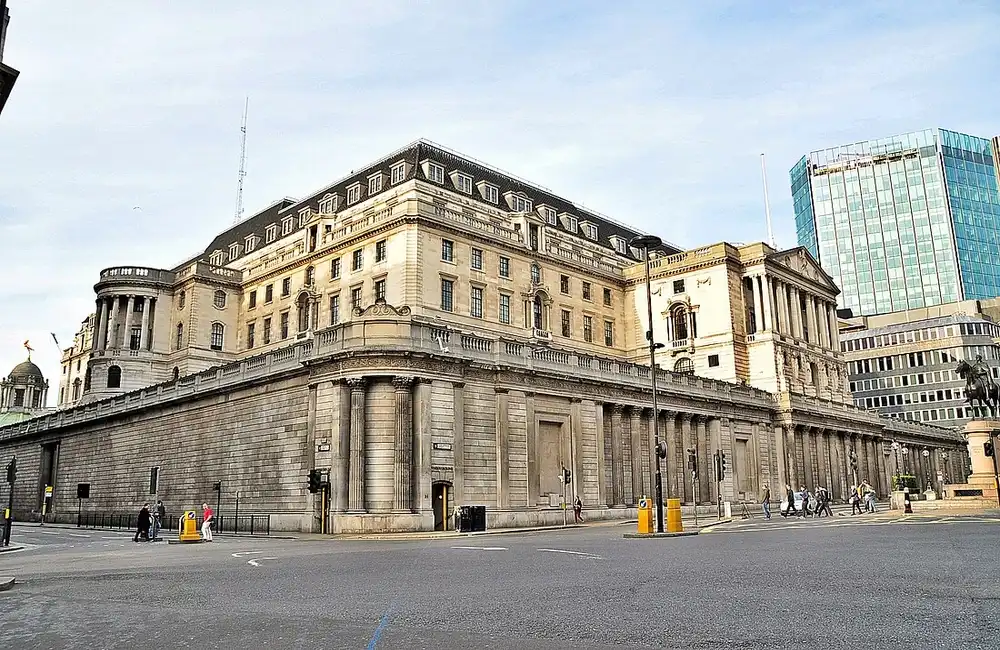The Impax Asset Management profit warning indicates major challenges ahead for ESG investment approaches worldwide.
This article explores the reasons behind Impax’s current financial problems while examining the ensuing operational effects and the more significant issues facing ESG investments.
Impax Asset Management’s Recent Profit Warning
Impax Asset Management's financial position has deteriorated rapidly due to large client redemptions during the first quarter of 2025. During this period, Impax Asset Management saw redemptions amounting to £7.7 billion, with St James's Place withdrawing £5.1 billion as the largest single loss. The firm experienced a large decrease in assets under management (AUM) due to client withdrawals, highlighting changing investment patterns.
Decline in Assets Under Management
Impax recorded a 25.7% decline in its AUM, which brought its portfolio value down to £25.3 billion by the end of March 2025. The decline in AUM results in reduced management fee income, which puts additional strain on the firm's profit margins.
Market Reaction and Consequences
The market’s response was swift and severe. The firm's share price dropped 20%, pushing it to its lowest trading point since September 2017. The notable decline in value demonstrates how market sentiment towards ESG investment funds remains unstable during turbulent market conditions. Investors are evaluating whether ESG-focused managers such as Impax can survive the current market turbulence while providing dependable returns.
Broader Challenges Facing ESG-Focused Investment Strategies
Economic Uncertainties and Investor Withdrawals
Global economic uncertainties, including inflation and strict monetary policy measures, have shaped investment behaviours. Institutional investors who focus on short-term gains have abandoned ESG mandates, diminishing investment capital for such strategies. The underperformance of multiple green funds has intensified concerns about ESG's effectiveness as a viable long-term investment strategy.
Growing Scepticism Among Institutional Investors
Institutional investors increasingly prioritise basic regulatory compliance and traditional risk/return analysis above their ESG commitments. Economic challenges and immediate shareholder interests have become the priority for some investors who see ESG commitments as a lower priority. The current shift in sentiment highlights an essential turning point for ESG supporters who need to establish sustainability's economic benefits across different industries.
Political Pushback and Policy Shifts
Political changes have made ESG investment strategies more challenging. Current political support for fossil fuel industry development and deregulatory measures across multiple regions causes increased uncertainty for sustainable investment approaches. Key energy-producing nations' deregulation policies are pushing coal and oil projects forward, which could weaken energy funds focused on the climate transition.
Regulatory Environment and Its Impact
UK’s Sustainability Disclosure Requirements (SDR)
The UK’s SDR framework, together with multiple global ESG taxonomies, calls for more transparent disclosure of sustainability declarations. These regulations seek to establish uniform ESG reporting standards and fight greenwashing, yet they lead to increased operational costs and resource requirements for firms like Impax that need to maintain compliance.
Balancing Compliance and Performance
Many managers face substantial challenges when implementing regulatory changes while keeping performance levels steady. Balancing dual priorities to satisfy strict compliance standards and generate investor returns requires a delicate equilibrium. Investors demand proof of ethical standards while they demand faster and more visible returns.
Future Outlook and Strategic Considerations
Transparent Reporting and Trust Building
Skittish investors will require transparent reporting alongside performance measurements supported by data to restore trust levels. ESG managers must expand their evaluation methods beyond traditional metrics to show tangible positive results and sustained profitability. Maintaining clear and consistent communication will help reduce increasing scepticism.
Robust Risk Management in Volatile Times
Strengthening risk management frameworks is another priority. Portfolio protection from negative impacts requires the capacity to foresee regulatory modifications and political and economic shifts. Creating dynamic strategies that adjust to various complexities will strengthen organisational resilience.
Deepening Stakeholder Engagement
Direct interaction with stakeholders such as investors and policymakers is crucial. ESG-focused companies that work together to meet sustainability targets can keep their operations relevant in the tough investment sector while uniting different interests.
Final Thoughts
Impax Asset Management's difficulties demonstrate the central struggles that investment managers focusing on ESG issues currently face. Impax, along with similar firms, struggles to offer value with both ethical and financial benefits because of client withdrawals combined with underperformance and political opposition.
ESG investments that focus on transparency, strategic innovation, and building investor trust will endure current hurdles and emerge as stronger entities. This period requires Impax to recalibrate its strategies, which may become a standard for other firms operating within this rapidly changing sector. ESG investments need forward-thinking strategies and strong stakeholder alignment to maintain their success in a world where social and environmental issues play a significant role.

















